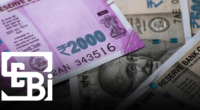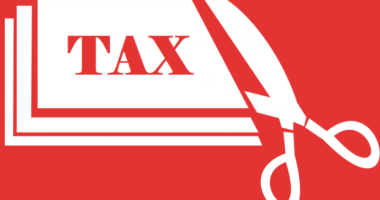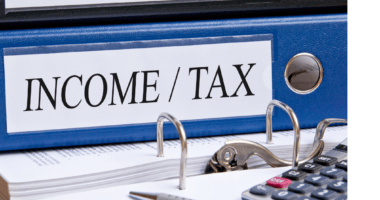Oxfam’s 2018 inequality report states that the wealth held by the Indian billionaires has increased from 49 billion dollars in 2004 to 479 billion dollars in 2017. The wealth of these billionaires was less than 5% of the GDP in 2005 and rose sharply to 22% in 2008. It, then, declined to 10% in the year 2012 due to the financial crisis but has seen a 15% incline as per the recent estimates.
The report gives us an insight into the wage gap there exists and helps us identify spaces where we can significantly bridge the divide.
- Investing in the development of women: According to the Oxfam Report 2018, there are four women billionaires in India; three of which have acquired a rich inheritance, an indicator of inequality that exists on multiple tiers.
This situation can be improved if women are given more opportunities to participate in the workforce as men. In order to achieve this, women should be provided with a healthy working environment.
Also Read: Tax for Middle-Income Earners Likely to Change under Direct Tax Code
Such a work environment can be built with policies such as paid parental leave, a creche facility, and so on. Benefits and policies like these will help retain the women into the workforce post-childbirth too. This will not only add to the country’s workforce but also help women bridge the gender pay gap.
It also requires men to take an equal share in household chores and raising kids so women can step out without worries to put their skills to work.
Reforming workplace laws: The first step towards elevating the lives of the poor is raising minimum wages. Minimum wages must be altered periodically according to the changes in the inflation level. In addition, the government must reform the existing labour laws to ensure safety and proper compensation for its working class.
- Lower the cost of assets: A reduction in the cost of assets is bound to help the disadvantaged section acquire them. When the cost of assets is reduced for the poor, they can acquire assets. This will, in turn, increase their standard of living and reduce the gap between the rich and the poor.
Care must be taken such that they are not allowed to sell the assets to third-party as and when they wish. Some people may buy the asset and sell it at higher costs just to spend all the money and push themselves deeper down in terms of finances. In other words, the government must take measures to prevent money laundering.
Therefore, the assets must be provided to the poor people with terms such that if they are in need of emergency cash, they can sell it back to the government and not to the third party.
- Focus on education: In a scenario where government schools are shutting down, the government must adopt technology in its curriculum and provide state-of-the-art tools to educate its children. Educating the masses with the best resource possible will help provide them with much-needed exposure and education so that they can find a respectable position in India’s workforce. Ensuring affordable education will play an important role in bridging the economic divide.
Why has the disadvantaged section not seen any change so far?
There are many existing programmes and schemes brought-in by the government to reduce poverty. However, these programmes and schemes have not reached the grass-root level. The people who can benefit from these schemes are either not aware of the schemes or officials between the government and the citizens are misusing these schemes for their benefit.
The government must ensure that people are aware of the schemes and programmes that are implemented for their benefit. In order to prevent the misuse of these schemes, the governments must put relevant checks in place.
If a person fakes his income or his affiliation to a particular section of society to subscribe for a government programme, he must be penalised and warned not to do so. This will ensure that the government’s efforts are reaching the right audience. If an official is found to be encouraging such acts, he must be penalised as well.





